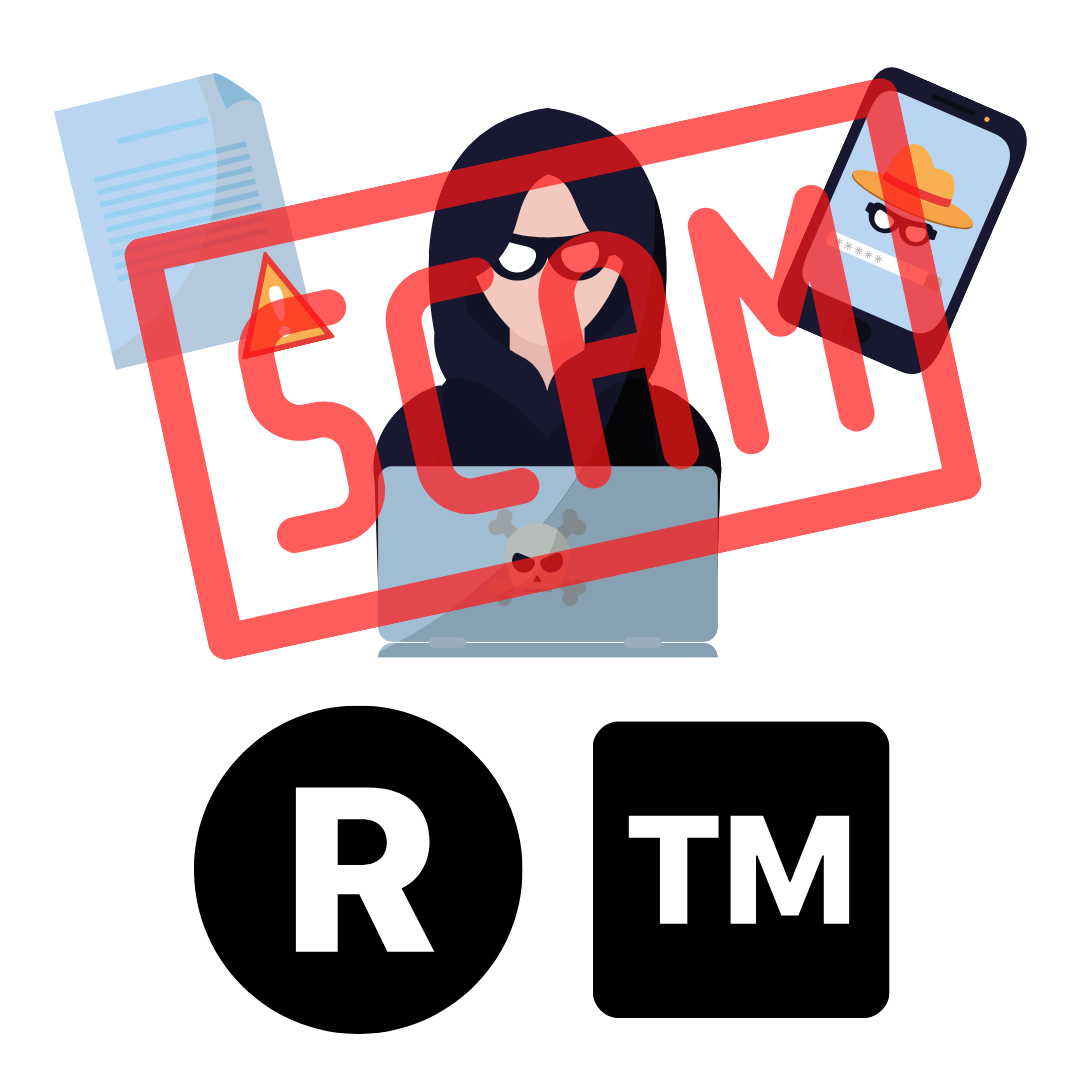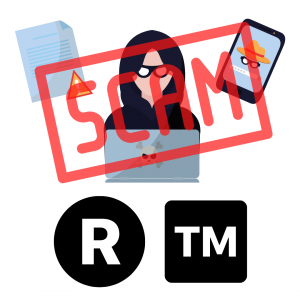Latest Posts
2024 South Carolina Super Lawyers
Five Kim, Lahey & Killough attorneys named in 2024 South Carolina Super Lawyers Four patent attorneys with Kim, Lahey & Killough - Doug Kim,...
Paralegal Scholarship at Tri-County Technical College awarded
Kim, Lahey & Killough awards Paralegal Scholarship at Tri-County Technical College Pictured, left to right: Kim Lahey & Killough attorneys Tony...
GeigTech East Bay awarded $34.6 million in patent infringement case
South Carolina company GeigTech East Bay, LLC, awarded $34.6 million in damages in patent infringement case against Lutron Electronics South Carolina...



